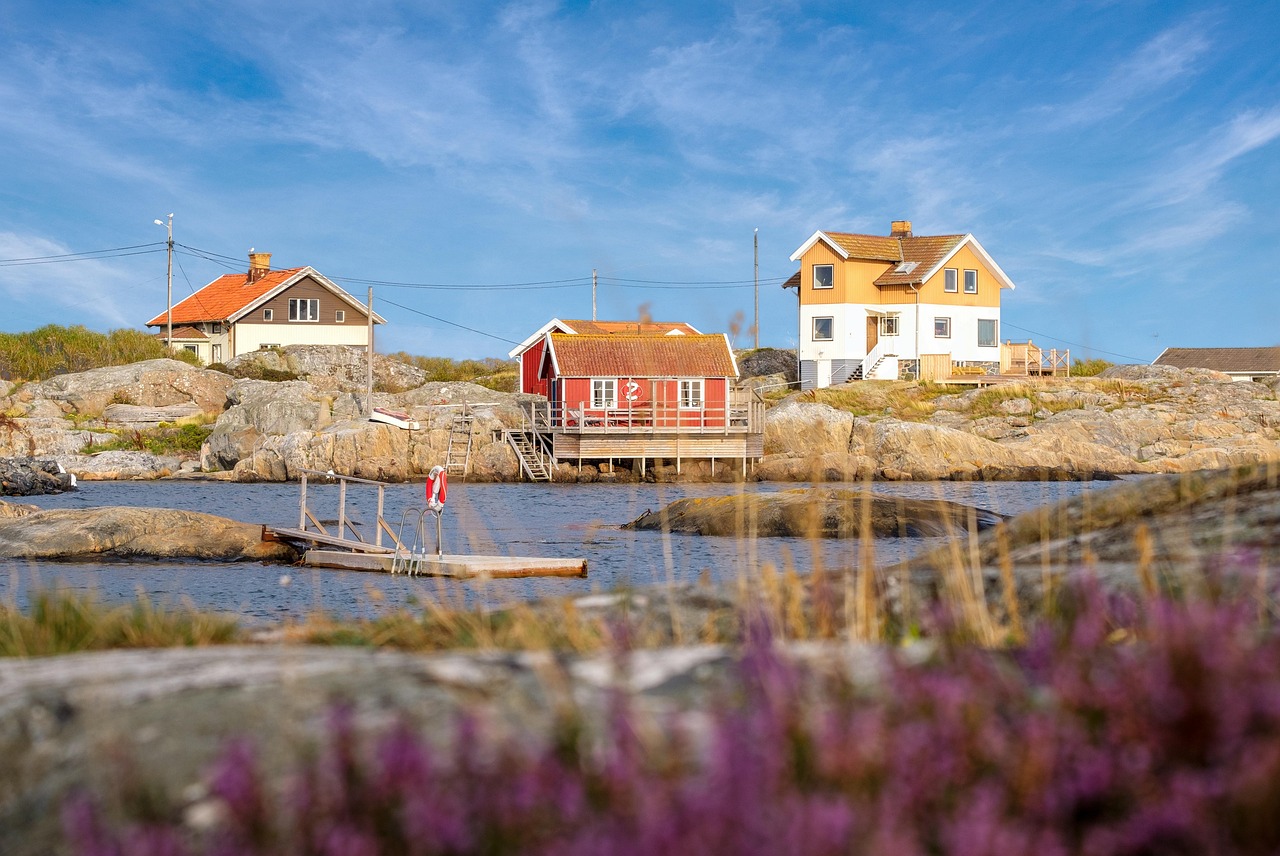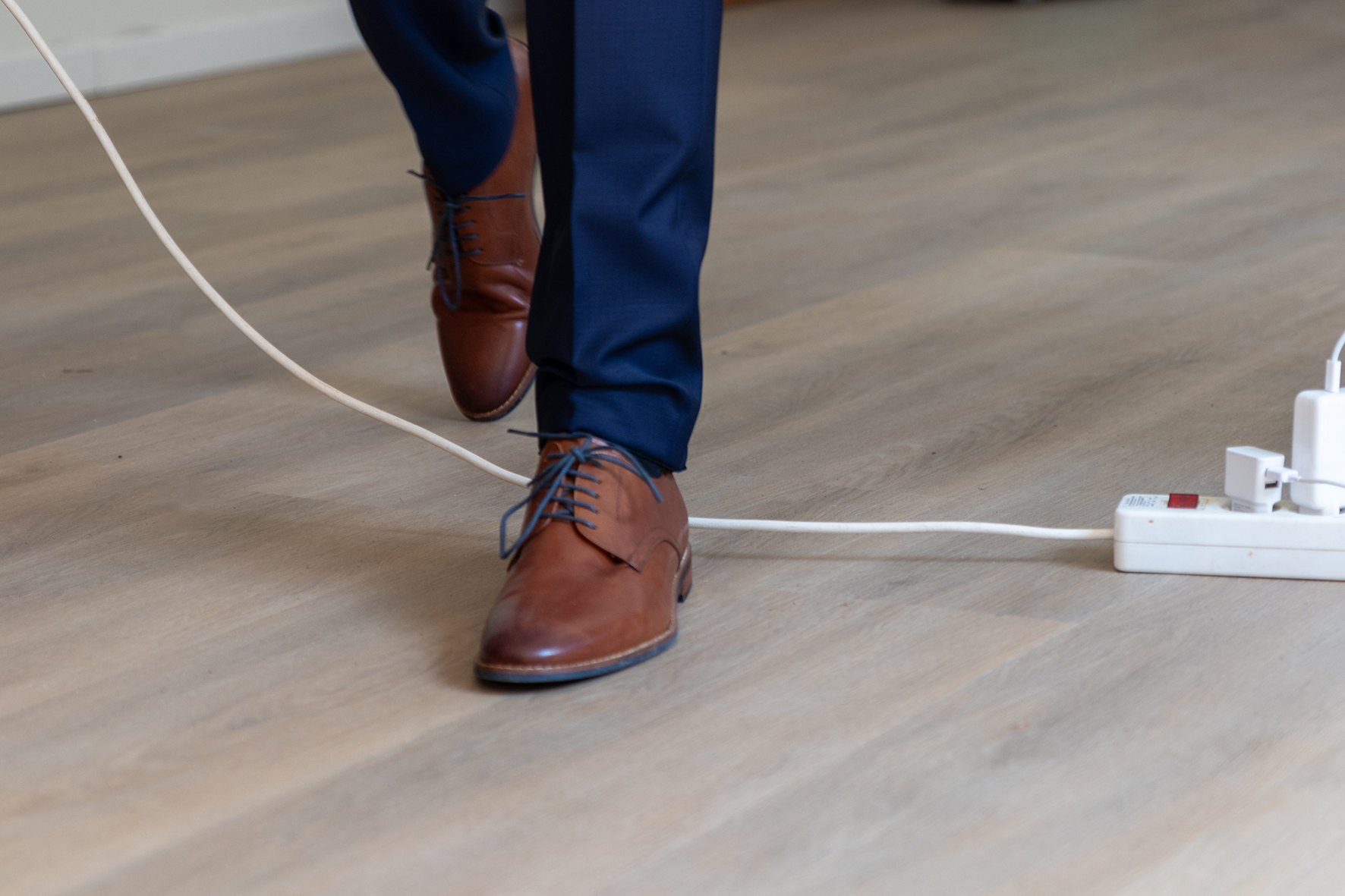Have you decided that you enjoy living in the Netherlands and are ready to take the next big step: buying a house? You may be wondering where to start.
To make the process a bit easier, we have written this article to give you a better understanding of what to expect when buying a home in the Netherlands, and what your rights and responsibilities as a buyer are.
Besides the initial challenge of finding a property, especially with the Dutch housing market being so limited, there are several administrative and legal steps involved. Fortunately, our notaries have years of experience and will guide you through the entire process, answering any questions you may have along the way.
1. Are expats legally entitled to buy a house in the Netherlands?
This is one of the most frequently asked questions by expats. Fortunately, as long as you have the legal right to live in the Netherlands, anyone can buy a house in the Netherlands. There are no specific restrictions or additional requirements for foreign buyers.
However, securing a mortgage can be more complex. Mortgage eligibility is subject to several conditions, such as being able to prove that you are currently living and working in the Netherlands and are registered with the municipality. If you do not meet these requirements, it may not be possible to obtain financing. In that case, you would either need to purchase the property in cash or reconsider your plans to buy a home in the Netherlands.
2. Determining your financial means to buy a house
Very few people can afford to buy a house without incurring any debt. Most buyers take out a mortgage. Before deciding what type of mortgage to apply for, first determine the maximum price you are able and willing to pay. Look at your income and expenses and see whether you are in a position to make a down payment.
Do not be discouraged if you are unable to put down a deposit, as mortgages in the Netherlands often allow financing of up to 100% of the purchase price. However, keep in mind that you will still need to cover additional costs, such as notary fees, taxes, and registration.
Once you have established your budget, you can begin your search for a home.
3. Where to find a house
There are several online platforms to help you find a property. Websites such as Funda and Huislijn are excellent places to start browsing for your new home. These sites can also give you a better idea of local market prices and whether your budget is realistic.
As soon as you find a property you are interested in, contact the selling agent right away to schedule a viewing. Due to the ongoing housing shortage in the Netherlands, homes are often sold quickly, so act fast.
4. You have found a house you like – what now?
If the viewing went well and you are still interested in buying the house, it is time to make an offer. The amount you offer will depend on factors like the asking price, the property’s condition, and how much competition there is from other buyers.
When making your offer, be sure to always make it subject to financing. This protects you from penalties, in case you are unable to secure a mortgage later, and ensures you will not lose the 10% deposit typically required to be paid upfront.
5. Signing the purchase agreement
Once the seller has accepted your offer, the next step is for one of our notaries to draft the purchase agreement. It is essential to work with a qualified notary to ensure the agreement includes all necessary clauses and conditions, particularly for expats unfamiliar with Dutch property law.
After the agreement is signed, a three-day statutory cooling-off period begins. During this time, you are legally allowed to cancel the purchase without penalty. After this period expires, the contract becomes legally binding.
At the time of signing the purchase agreement, you will also be required to pay a 10% deposit or provide a bank guarantee, which will be held by the notary. This deposit is meant to confirm your intention to go through with the purchase and to prevent last-minute cancellations.
6. Obtaining a mortgage
Once the purchase agreement is signed, the next step is to secure your mortgage. You can choose to apply directly through a Dutch bank or work with an independent mortgage broker, who can help you compare various mortgage types.
Most lenders will require proof of a stable income, registration in the Netherlands, and legal residence status. As an expat, you may also be asked to provide additional documentation such as employment contracts, residence permits, or recent tax returns.
If you can provide the necessary proof of the above criteria, you will likely qualify for a mortgage, although the interest rate, loan amount, and terms will depend on your personal and financial situation.
In addition, most mortgage lenders will require an official property valuation and, in many cases, you will need to take out home insurance before the transfer can be finalised.
7. The big day: signing the deed
Once your financing is secured, it is time for the final inspection of the property. This is your last opportunity to ensure that the property is in the agreed-upon condition before proceeding.
If everything is satisfactory, you and the seller will meet at the notary’s office to sign the notarial deed of transfer and the mortgage deed. The notary will then transfer the funds to the seller.
And just like that, you have officially purchased your fist home in the Netherlands.
8. Important things to keep in mind
8.1. Seller’s duty to disclose vs. buyer’s duty to inspect
In the Netherlands, the seller is legally required to inform the buyer of any known defects or issues with the property. At the same time, you have a duty as the buyer to carry out a proper inspection. Be sure to asks as many questions as possible during the viewing and do not hesitate to get clarification on anything that seems unclear.
8.2. Buying a property with a spouse
If you are buying a property together with your spouse, it is important to note that if you were married before 1 January 2018 and did not enter a prenuptial agreement, all property acquired before or during the marriage is generally considered joint property. This means that, in the event of a divorce, both spouses would generally be entitled to an equal share of the property, regardless of who paid for the property.
8.3. Consider a structural survey
If you are considering buying an older home, it is highly advisable to commission a structural survey by an independent expert. This inspection can uncover potential issues and provide you with an estimate of any necessary repair costs, helping you make an informed decision.
It is highly recommended to involve a notary as early as possible in the process. Not only are they required to assist with the legal formalities, but they also offer practical advice that can make the entire process run more smoothly. Our experienced team of notaries is ready to assist you in purchasing your dream home, both in the Netherlands and abroad.
Additionally, our firm regularly hosts seminars for expats on buying property in the Netherlands. Be sure to visit the LexQuire website to find the date and time of our next seminar.


